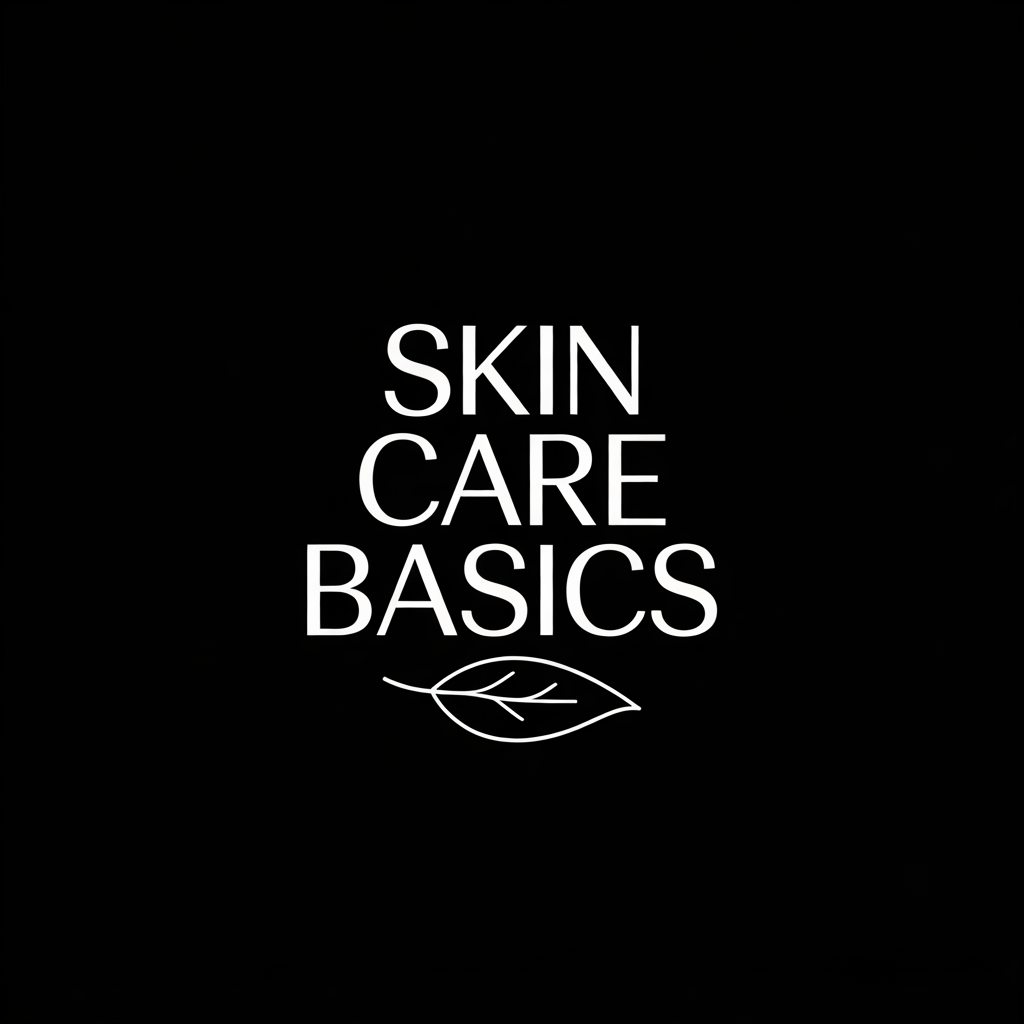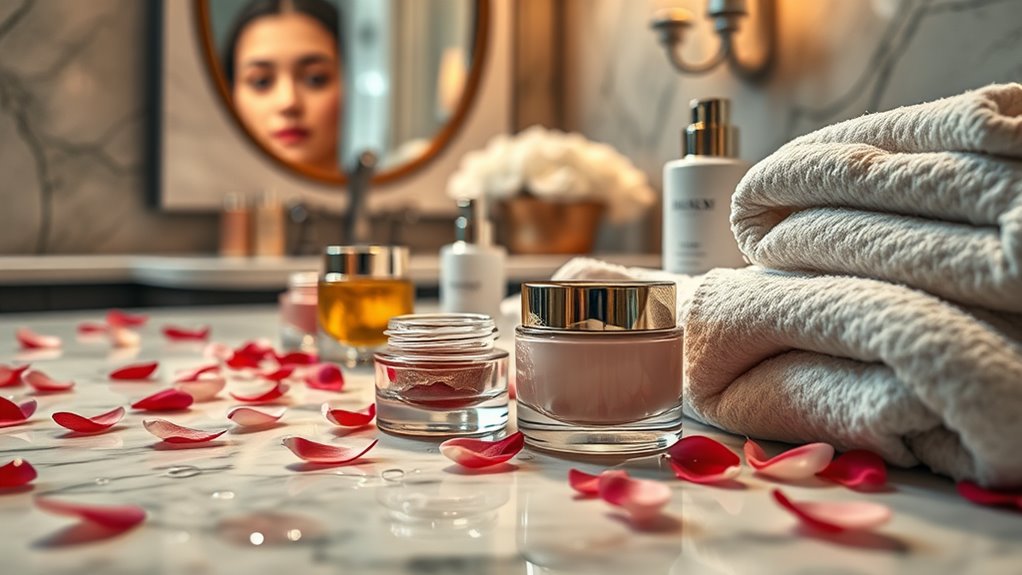7 Exfoliation Myths That Are Damaging Your Skin Barrier
Did you know that 54% of people misuse exfoliation techniques, risking their skin barrier health? Many fall victim to common myths that distort the truth about exfoliation. It’s essential to understand how different skin types react and the proper frequency of exfoliation to truly benefit your skin. Let’s explore these misconceptions and learn how they can impact your skin’s health in ways you might not expect.
Exfoliation Is Only for Oily Skin Types
While many people believe that exfoliation is only necessary for oily skin types, this misconception can lead to neglecting the needs of other skin types. Exfoliation is beneficial for everyone, including dry and sensitive skin. It removes dead skin cells, promotes cell turnover, and enhances absorption of skincare products. Regular exfoliation can prevent issues such as worsening skin conditions, leading to healthier and more radiant skin. Don’t fall for exfoliation myths; your skin deserves proper care, regardless of its type.
More Exfoliation Equals Better Results
Just because you think more exfoliation leads to better results doesn’t mean it’s true.
Over-exfoliating can strip your skin of essential oils, weakening your barrier and leading to irritation or sensitivity.
Research shows that moderation is key; treating your skin gently promotes healthier regeneration.
Stick to exfoliating once or twice a week for optimal results and to maintain your skin’s natural balance.
Physical Exfoliants Are Always Harsh
Many people assume that all physical exfoliants are harsh on the skin, but that’s a misconception.
Not all physical exfoliants are created equal; some are gentle and designed for sensitive skin. Ingredients like finely milled sugars or soft microbeads can effectively slough off dead skin without compromising your skin barrier.
Choosing the right product and technique is essential for maintaining healthy skin.
Exfoliating Prevents Acne
Exfoliating can be an important step for maintaining clear skin, but it’s a common misconception that it alone prevents acne.
While exfoliation helps remove dead skin cells and unclog pores, it doesn’t address underlying causes like excess oil production or hormonal fluctuations.
Incorporating a balanced skincare routine with proper cleansing and hydration is essential for effectively managing acne without damaging your skin barrier.
You Should Exfoliate Every Day
Frequent exfoliation is often touted as the key to a flawless complexion, but exfoliating every day isn’t necessary for most skin types. In fact, over-exfoliating can strip your skin’s natural barrier, leading to irritation and sensitivity. Experts recommend exfoliating 1-3 times per week, depending on your skin type, to maintain a healthy glow without compromising skin integrity. Refined exfoliation can also help improve your skin’s overall texture and appearance. Listen to your skin’s needs.
All Exfoliants Are Created Equal
Not all exfoliants are designed the same way, and understanding the differences is vital for your skincare routine.
Chemical exfoliants, like alpha and beta hydroxy acids, often penetrate deeper than physical scrubs, which can cause micro-tears.
Choosing the right type depends on your skin type and concerns.
Tailoring your exfoliation approach ensures a healthy, effective skincare regimen.
Prioritize what’s best for your skin.
Exfoliating Will Thin Your Skin
While many people worry that exfoliating will thin your skin, research shows that, when done correctly, it can actually enhance skin health. The key is to choose the right method and frequency. Here’s a quick comparison:
| Exfoliation Type | Benefits | Ideal Frequency |
|---|---|---|
| Physical Exfoliant | Removes dead skin cells | 1-2 times/week |
| Chemical Exfoliant | Boosts cell turnover | 2-3 times/week |
| Enzyme Exfoliant | Gentle, brightening effect | Weekly |

